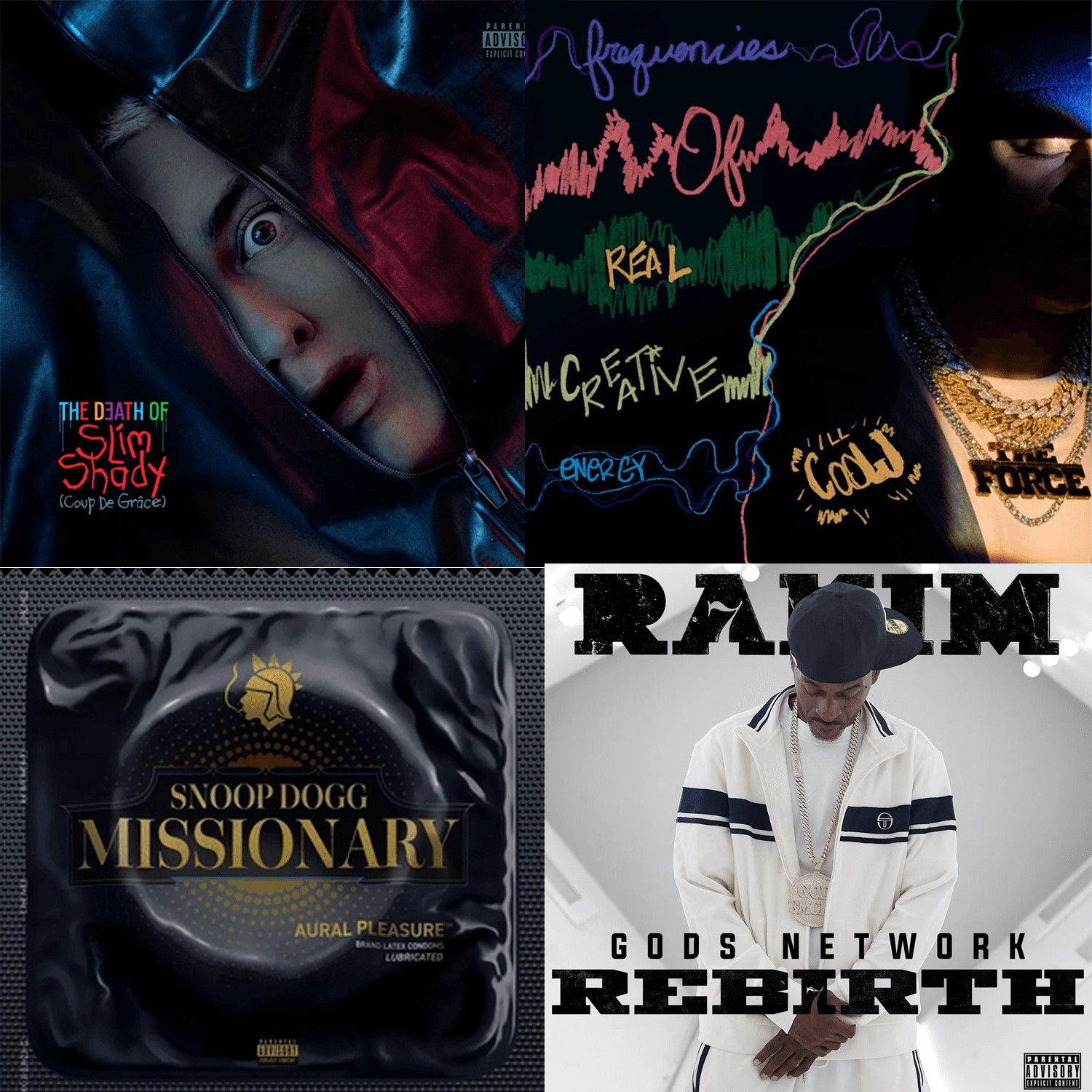Saturday, July 13, 2024
Spotify
Share
Spotify's New Bundling Strategy: A Deep Dive
Spotify's New Bundling Strategy: A Deep Dive
Overview
Spotify has recently shifted its strategy towards bundling subscription services, significantly impacting the music industry. This approach allows Spotify to offer additional services like audiobooks within their subscription plans, reducing the mechanical royalties paid to music publishers and songwriters. This change has sparked controversy and legal battles, highlighting the tension between Spotify's business model and the interests of music creators.
What is Bundling?
Bundling refers to combining multiple services into a single subscription package. For Spotify, this means including services such as audiobooks along with their music streaming service. By reclassifying its subscription plans as bundles, Spotify can pay lower royalties for music streams.
Impact on Royalties
Spotify's bundling strategy has led to a significant drop in royalties for songwriters and music publishers. According to a letter from Sony Music Publishing, the mechanical royalty payments from Spotify have been reduced by approximately 20%. This shift has prompted several organizations, including the National Music Publishers' Association (NMPA), to file complaints and lawsuits against Spotify, arguing that the bundling approach is unlawful and unfair to creators (Digital Music News) (Music Business Worldwide).
Legal and Industry Reactions
The NMPA has filed a complaint with the U.S. Federal Trade Commission, accusing Spotify of implementing a "bait-and-switch" tactic by automatically rolling subscribers into bundled plans without offering a clear non-bundled option. This move could potentially reduce payments to songwriters by around $150 million annually. Additionally, the Mechanical Licensing Collective (MLC) has sued Spotify, seeking to halt the classification of premium subscriptions as bundles and recover lost royalties (Music Business Worldwide) (DNyuz).
Spotify's Response
Spotify has defended its bundling strategy, claiming it offers various subscription options to meet different consumer needs. The company argues that bundling provides value to subscribers by combining services like audiobooks with music streaming at a competitive price. Despite the backlash, Spotify remains committed to this approach, anticipating a positive outcome in the ongoing legal disputes (Digital Music News) (DNyuz).
Conclusion
Spotify's move towards bundling subscription services marks a significant shift in its business model, aiming to enhance consumer value while reducing royalty payments. However, this strategy has faced strong opposition from the music industry, leading to legal challenges and potential regulatory scrutiny. The outcome of these disputes will likely shape the future of music streaming and its impact on creators.






